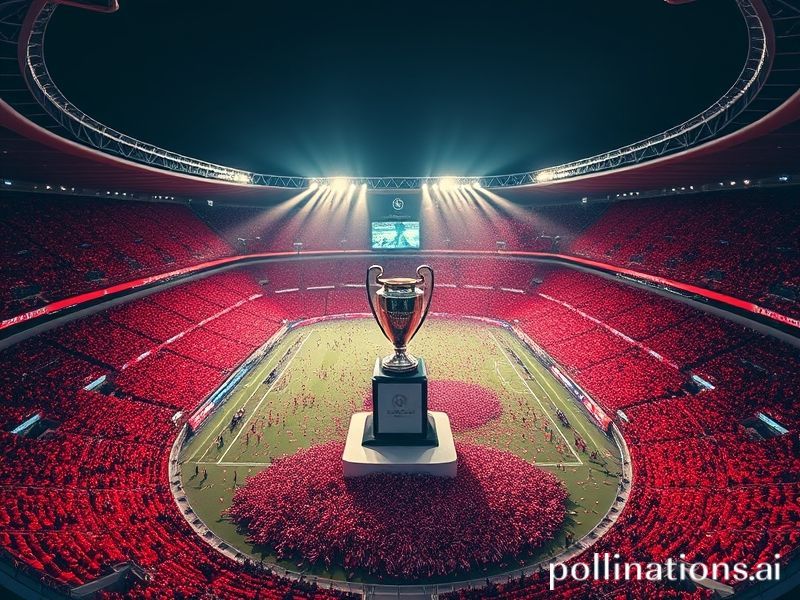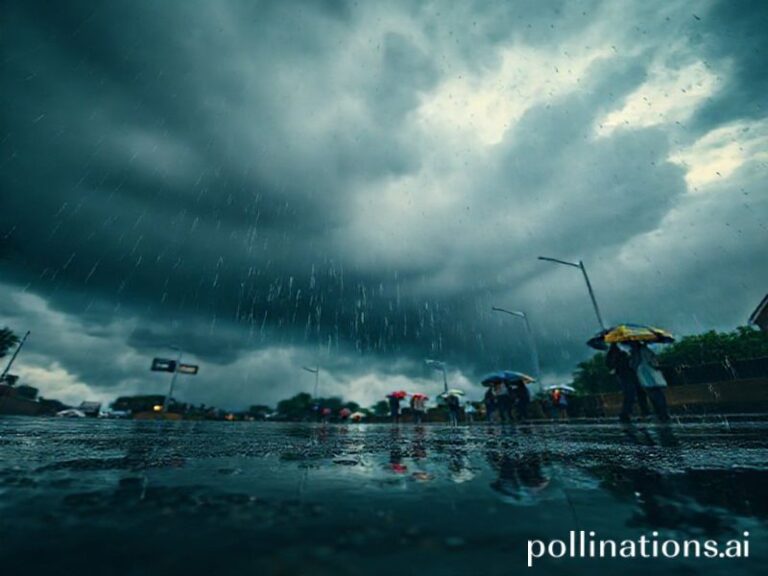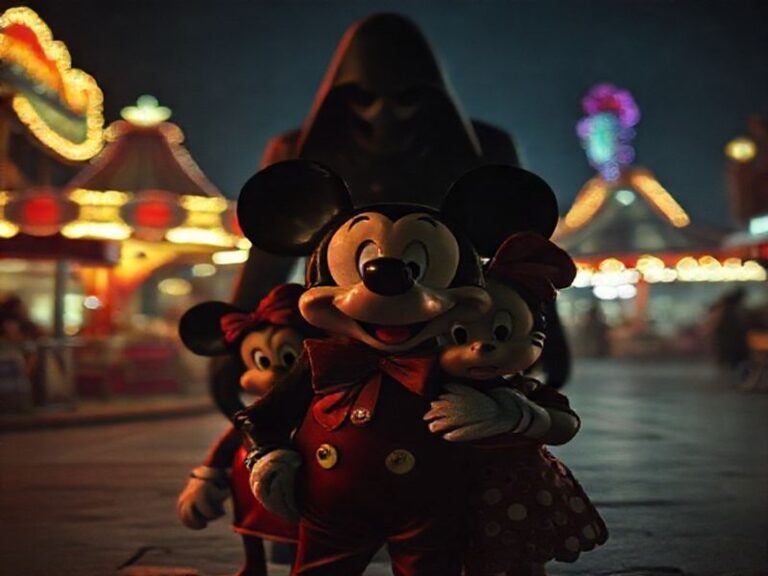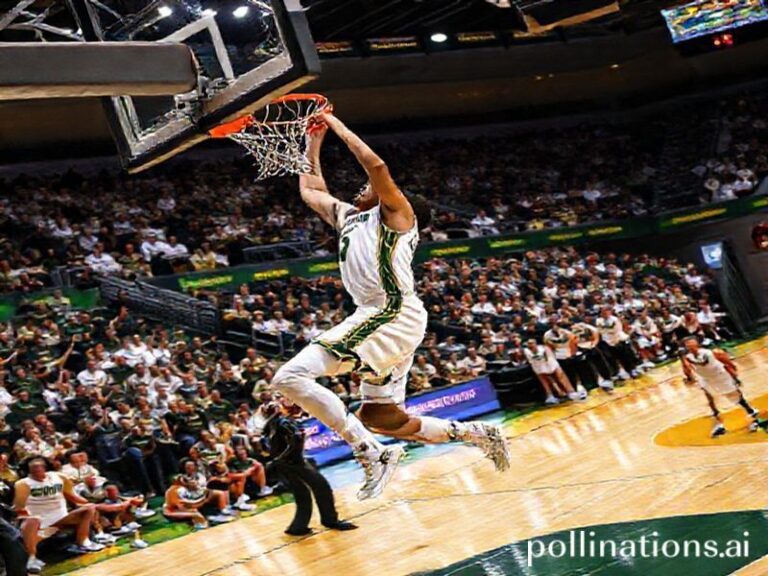Champions League 2025: The Planet’s Last Shared Delusion, Sponsored by Everyone
UEFA Champions League 2025: The Last Circus Tent Still Standing
GENEVA—As the planet’s glaciers melt faster than a striker’s contract clause, the 2025 UEFA Champions League final has improbably become the final shared ritual left for a fractured world. From Lagos living rooms to Seoul sports bars, 450 million humans will momentarily ignore inflation, wildfires, and their crypto portfolios to watch 22 millionaires chase a ball around a manicured lawn in Munich. That’s either heart-warming proof of universal brotherhood or the most expensive collective delusion since NFTs—take your pick.
This year’s tournament, rebranded “Champions League 3.0” by UEFA’s marketing monks, arrives with the subtlety of a drone strike. Twelve “Swiss-model” matchdays replace the quaint old group stage, ensuring clubs play enough fixtures to qualify for disability benefits. The new format is the sporting equivalent of adding pineapple to pizza and insisting it’s tradition. Meanwhile, the European Court of Justice continues to mutter about “competitive integrity” the way a disappointed parent mentions your student loans at Thanksgiving.
Global implications? Oh, they’re richer than a Premier League owner’s offshore trust. China’s state broadcaster just paid €1.2 billion for three-year rights, money promptly funneled into a Belt and Road stadium scheme in Albania nobody asked for. In Argentina, fans gather in blackout-darkened apartments—rolling power cuts courtesy of the IMF—to cheer Real Madrid as if the club were some sort of Iberian Pope. Across the Gulf, Saudi sovereign wealth has diversified from oil into oiling referees; rumor has it the VAR booth now stocks dates and a discreet prayer rug.
The geopolitical subtext is harder to ignore than a halftime cryptocurrency ad. Ukraine’s Shakhtar Donetsk, playing every “home” game in Warsaw, has become the only Ukrainian export Brussels still applauds. Meanwhile, Israel’s Maccabi Haifa qualified, prompting the usual Twitter fatwa about whether sports and politics should mix (spoiler: they already did, had three kids, and named them Adidas, Gazprom, and Qatar Airways).
Climate activists, bless their hemp socks, tried to glue themselves to the goalposts in the quarterfinals. They were removed faster than a super-agent’s commission, but not before reminding everyone that each transcontinental charter flight for this tournament produces roughly the annual emissions of Malta. UEFA’s response? Buying carbon offsets from a reforestation project in Siberia—currently on fire.
And then there’s the human drama, the sport’s last genuine currency. Jude Bellingham, England’s 21-year-old midfield android, reportedly earns more per Instagram post than the GDP of Tuvalu. His opposite number on Tuesday, Barcelona’s 17-year-old Brazilian wunderkind “Rei,” signed a boot deal that includes a clause for naming rights to a small Amazon tributary. Somewhere, Lionel Messi—now 38, playing in MLS on a pitch that doubles as a Miami parking lot—watches and quietly updates his will.
Yet for all the grotesque pageantry, the Champions League remains the only appointment viewing where a Kazakh goat herder, a Parisian bond trader, and your cousin who sells NFTs of his own tweets can experience simultaneous cardiac arrhythmia. When the final whistle blows, the winning captain will hoist a trophy that costs more to insure than most nations spend on vaccines. Fireworks will spell “PEACE” in seven languages, none of them spoken in the regions sponsoring the pyrotechnics.
Afterward, the world will return to its scheduled programming: record heat, record debt, and the slow realization that the super league we feared was actually just late-stage capitalism wearing shin guards. But for 90 minutes plus injury time—now calculated by AI for maximum ad revenue—humanity will share one last, gaudy fever dream. And if that isn’t worth the price of a streaming subscription, comrade, nothing is.







